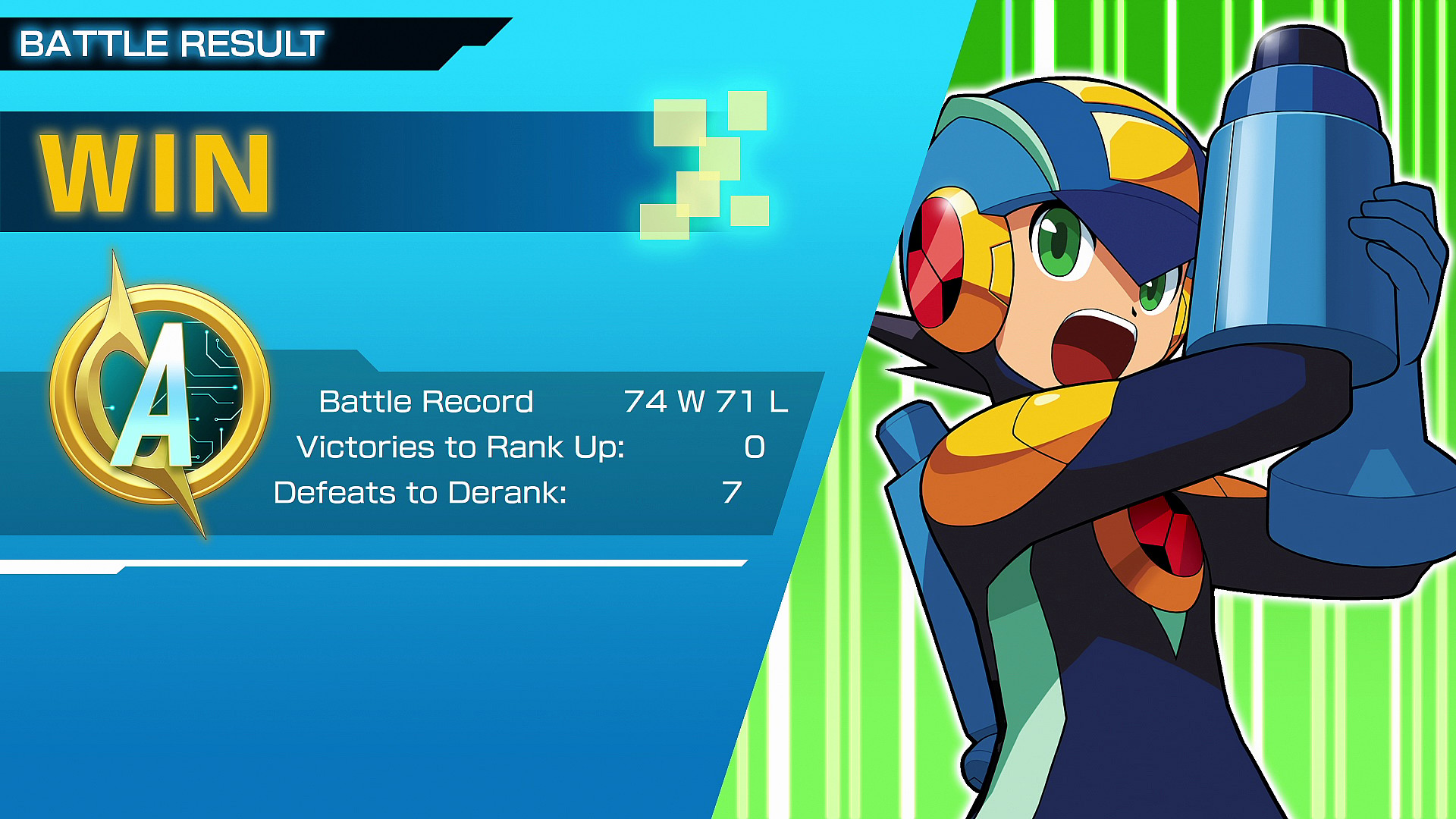Capcom Declares That “Simply Translating Games Developed Under Japanese Norms Can End Up Hurting Users”

As more and more in Japanese game developers kowtow to the ever-growing censorious demands of Western markets, Capcom have revealed that their in-house localization efforts work off of the belief that “games developed under Japanese norms can end up hurting users.”

Like Koei Tecmo earlier this week, the Mega Man developer’s editorial intent was recently brought to public attention by Twitter user @Mondblut1984, who discovered the information on the ‘social sustainability’ section of the company’s official Investor Relations page.

First published sometime around January 2022 (per the Internet Archive), the page in question details Capcom’s commitment towards “serving as a responsible and trusted member of society”, specifically in regards to their “relationship with customers”.
Therein, Capcom provided insight into how this relationship factored into their game development, with the company behind the Street Fighter franchise noting that their attentions were focused on two elements: “in-game purchases” and “localization and culturalization”.

While their rather standards efforts towards the former area are best summed up by their declaration that, “In principle, we minimize gacha elements in the mobile games we develop; in our home video games, we provide any content required to enjoy the full game free of charge, while offering some additional content at low cost,” it is in their plan for the latter that Capcom showed their hand.
“Capcom games are enjoyed worldwide,” they explained. “In the fiscal year ended March 2022, the percentage of home video games sold overseas was 83.1%. Naturally, translation (localization) of video games developed in Japanese is required so that game players around the world can enjoy them.”
“The volume and importance of localization is increasing year after year due to factors such as improvements in game machine performance, support for online gameplay, and an increase in the number of languages accompanying a more diversified, global audience,” Capcom continued. “As such, Capcom’s localization team is involved in game development from the initial stages.”

RELATED: Capcom Heavily Censors Dialogue In ‘Resident Evil 4 VR’
“By carrying out localization concurrently with development, rather than following completion of the Japanese language version as had been done in the past, Capcom is able to launch games simultaneously around the globe,” write the Resident Evil developer.
Concluding their statement with a disappointing bombshell, Capcom happily informed potential business partners, “What is more, depending on the country, simply translating games developed under Japanese norms can end up hurting users unexpectedly due to historical, religious, or cultural differences. As such, we focus on employing staff from around the world to culturize the games so that they can be enjoyed by all, regardless of locale.”

Sadly, Capcom’s willingness to censor, edit, and alter works in ways that deviate from the author’s original intent comes as no surprise given their recent streak of puritanical decisions.
From changing Ashley and Ada’s default outfits in Resident Evil 4 Remake, to removing the ability for players to access the game’s playfully risqué secret ending in the 2022 Capcom Fighting Collection release of Vampire Savior 2, to covering up R. Mika’s ‘butt slap’ in Street Fighter V in response to viral outrage, the developer has already made it more than clear that they’re willing to sacrifice their integrity in the pursuit of a few extra dollars.
(However, credit where credit is due, they did release the Mega Man Battle Network Legacy Collection with no alterations, instead opting to put a traditional disclaimer noting that the games it contains were products of their time, as well as release Cammy’s original costume as DLC in Street Fighter VI.)

NEXT: Capcom Advertises ‘Exoprimal’ With Drag Queens In The West, Vtubers In Japan
